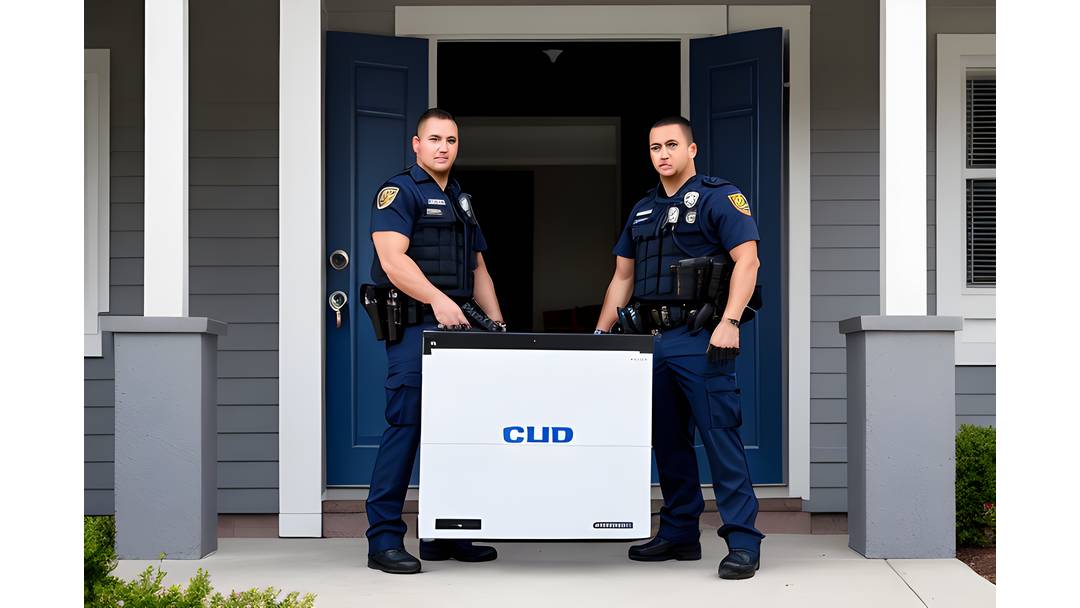Redefining Impairment: Beyond THC Levels in Roadside Testing In recent developments that promise to reshape our understanding of cannabis use and road safety, a federal government report has cast significant doubt on the efficacy of using THC levels as a benchmark for...
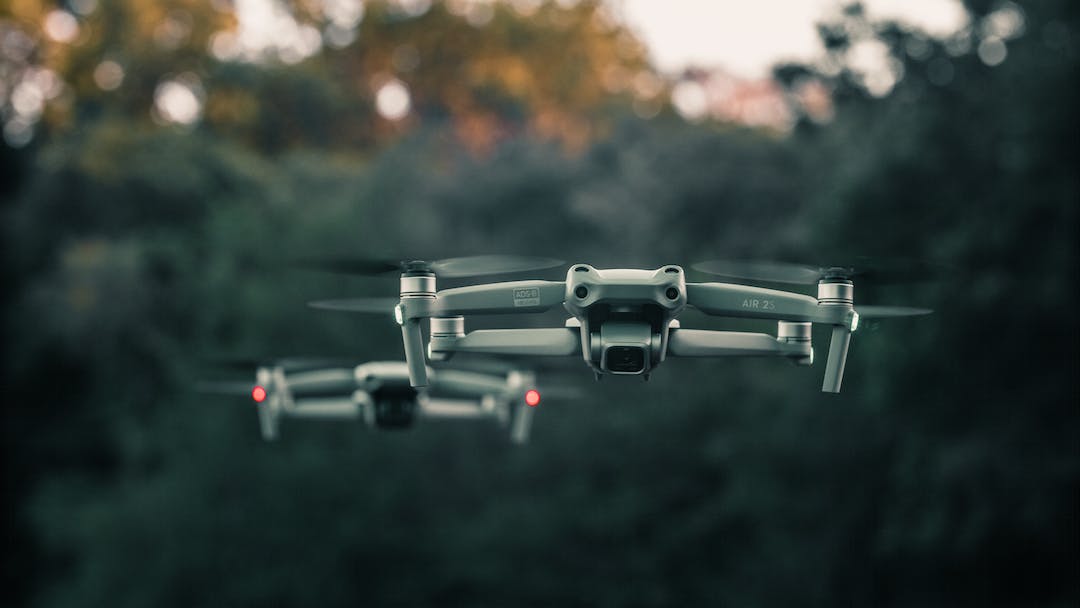
SEARCH & SEIZURE: Government Use of Drones
Drone Surveillance and the Fourth Amendment: A New Case
In a recent decision, the Michigan Court of Appeals held that persons have a reasonable expectation of privacy in their property against drone surveillance conducted without a warrant or pursuant to a recognized exception to the warrant requirement. The case, Long Lake Township v Maxon, involved a civil zoning dispute in which the Township used a drone to take aerial images of the Maxon property without consent or any other specific legal authorization.
The Court of Appeals found that drone surveillance of private property is necessarily more intrusive and “qualitatively different” than the use of airplanes and helicopters permitted under California v Ciraolo and Florida v Riley. The Court noted that drones can fly at lower altitudes and hover in place, allowing them to collect more detailed images and information about private property.
The Court also found that the use of low-altitude unmanned drones to conduct targeted surveillance of private property is more like the use of thermal imaging devices found to be a “search” in Kyllo v United States. In Kyllo, the Supreme Court held that the government’s use of a thermal imaging device to monitor the radiation of heat from a home was a Fourth Amendment search. The Court reasoned that the government’s use of the thermal imaging device was a physical intrusion into the home’s curtilage, which is an area around the home that is considered to be part of the home itself.
The Court of Appeals in Long Lake Township v Maxon found that the Township’s use of a drone to take aerial images of the Maxon property without consent was a similar physical intrusion into the Maxon property. The Court also noted that the existing law in Michigan recognizes a reasonable expectation of privacy and other legal protections against drone misuse.
The decision in Long Lake Township v Maxon is significant because it is one of the first cases to address the Fourth Amendment implications of drone surveillance. The Court’s decision provides clear guidance to law enforcement and other government agencies that they cannot use drones to conduct surveillance of private property without a warrant or a recognized exception to the warrant requirement.
Implications for Law Enforcement
The decision in Long Lake Township v Maxon has important implications for law enforcement agencies that use drones for surveillance purposes. Law enforcement agencies should review their policies and procedures to ensure that they are consistent with the Fourth Amendment requirements set forth by the Court of Appeals.
In general, law enforcement agencies should obtain a warrant before using a drone to conduct surveillance of private property. However, there are a few limited exceptions to the warrant requirement, such as when the surveillance is conducted in response to an emergency or when it is conducted in a public area where there is a diminished expectation of privacy.
Law enforcement agencies should also be aware that the Fourth Amendment may apply to the use of drones even if the surveillance is not conducted directly by the agency itself. For example, if a law enforcement agency contracts with a private company to conduct drone surveillance on its behalf, the agency may still be required to comply with the Fourth Amendment.
Have you been charged with driving while high?
Want to fight that charge!
Call Our Office for a Free Case Evaluation
The decision in Long Lake Township v Maxon is a significant development in the law of drone surveillance. The Court’s decision provides clear guidance that the Fourth Amendment protects people from warrantless drone surveillance of their private property. Law enforcement agencies and other government agencies should review their policies and procedures to ensure that they are consistent with the Court’s decision.
The Court found the use of low-altitude unmanned
drones to conduct targeted surveillance of private property
to be more like the use of thermal imaging devices found
to be a “search” in Kyllo v United States when used to
monitor the radiation of heat from a home, and further
noted the existing recognition of a reasonable expectation
of privacy and other legal protections against drone misuse
as found in MCL 259.322(3) and MCL 259.320(1) (See Below)
Act 436 of 2016
259.322 Operation of unmanned aircraft system; harassment, violation of order, or invasion of privacy prohibited; definition; individual registered as sex offender.
Sec. 22.
Act 436 of 2016
259.320 Criminal liability; offense committed with aid of an unmanned aircraft system; exception.
Sec. 20.
Did You Know
Michigan State Police Legal Updates
MSP Legal Update No. 153 (01/2023)
- Search & Seizure: The smell of marihuana, standing alone, no longer constitutes probable cause to search for that substance
- Vehicle Code: Violation for impeding traffic requires evidence the accused’s conduct actually affected the normal flow of traffic.
Legal Update No. 153 (01/2023)
MSP Legal Update No. 150 (01/2022)
- Vehicle Code: Persons under the age of 21 may be prosecuted for operating a motor vehicle with the presence of marihuana in their system
- Criminal Law: Ethnic intimidation based on gender includes harassing or intimidating another person because of the actual or perceived gender of that person.
Legal Update No. 150 (01/2022)
Legal Update No. 148 (09/2021)
Legal Update No. 148 (09/2021)
Legal Update No. 147 (03/2021)
More Posts

Redefining Impairment: Beyond THC Levels in Roadside Testing
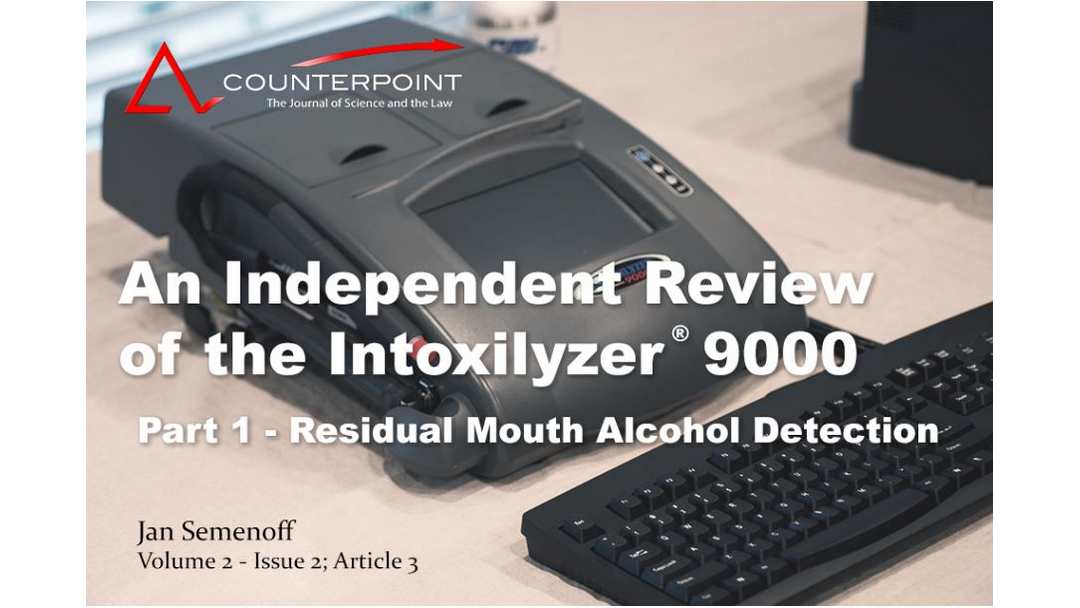
An Independent Review of the Intoxilyzer 9000
An Independent Review of the Intoxilyzer 9000 Part 1 - Residual mouth alcohol detection Counterpoint Volume 2; Issue 2 - Article 3 (August 2017) An article in the Core Skills III-2 Module Jan Semenoff, BA, EMAForensic CriminalistThe opportunity to conduct an...
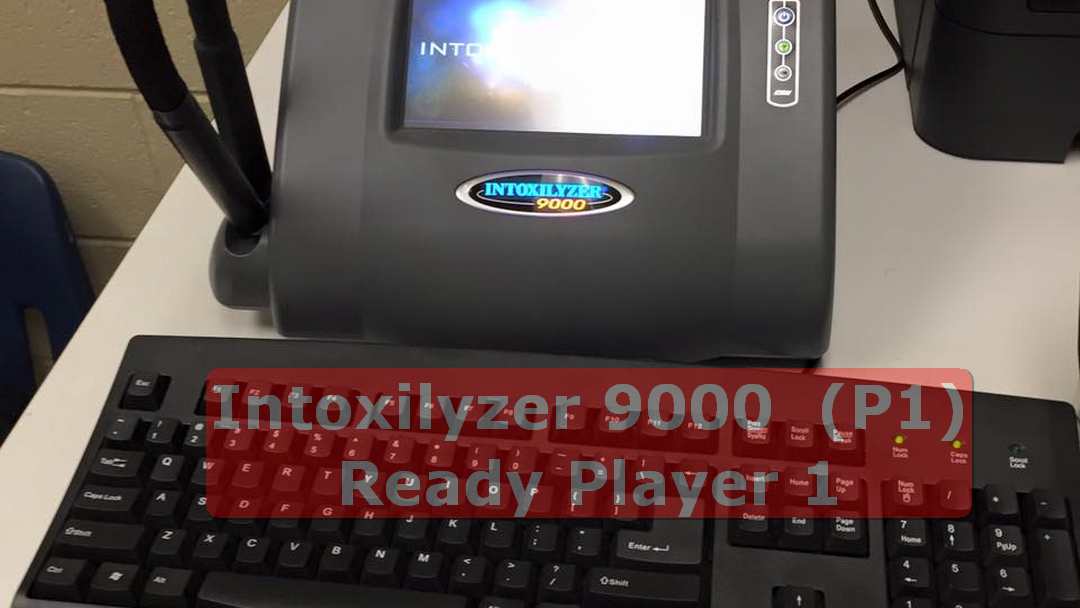
The Intoxilyzer 9000 (part 1)
The Intoxilyzer 9000 (part 1 of 2)Roll-Out The Michigan State Police (MSP) initiated Intoxilyzer 9000 (Intoxilyzer) training for police officers statewide, commencing in 2023. In order to participate, officers were required to complete both preliminary breath test...
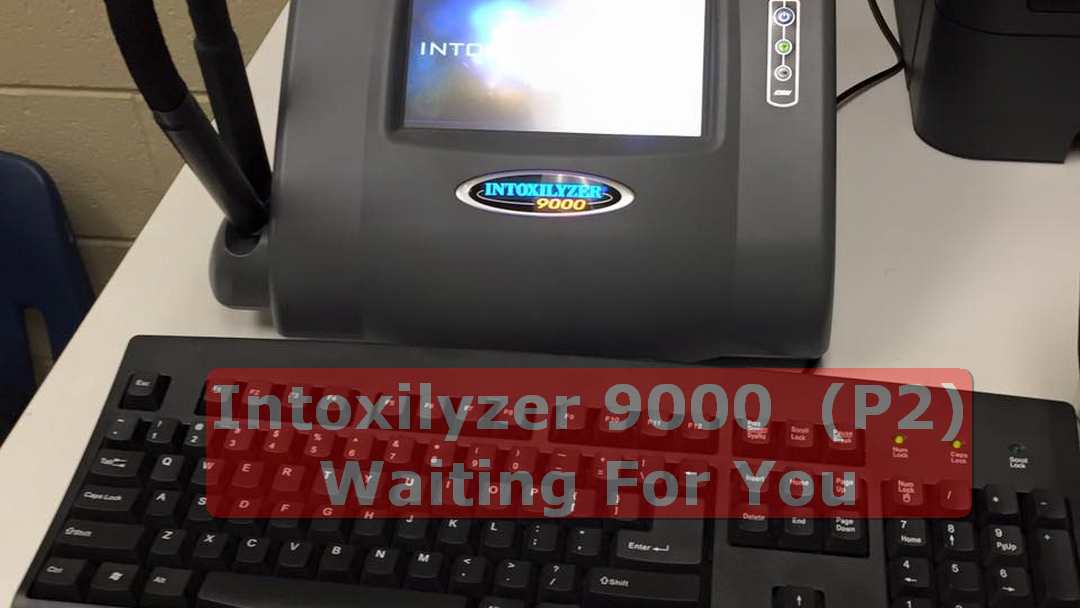
The Intoxilyzer 9000 (part 2)
The Intoxilyzer 9000 (part 2 of 2)Using it The Intoxilyzer is user-friendly and equipped with a built-in feature to alert officers of any potential issues. As a precautionary measure, officers are specifically advised to switch off their portable radios prior to...

How DUI Charges Impact Your Child’s Future
In Michigan driving is considered a privilege. with this privilege comes immense responsibility, especially when it comes to driving under the influence (DUI) as well as other responsibilities. The consequences of youth DUI extend far beyond the immediate legal...

FAQs About Restoring Your Drivers License in Michigan
Frequently Asked Questions about Restoring Your Driver's License in MichiganHere's what you need to knowWhat are the steps to restore my driver's license in Michigan? The steps to restore your driver's license in Michigan vary depending on the reason your license was...
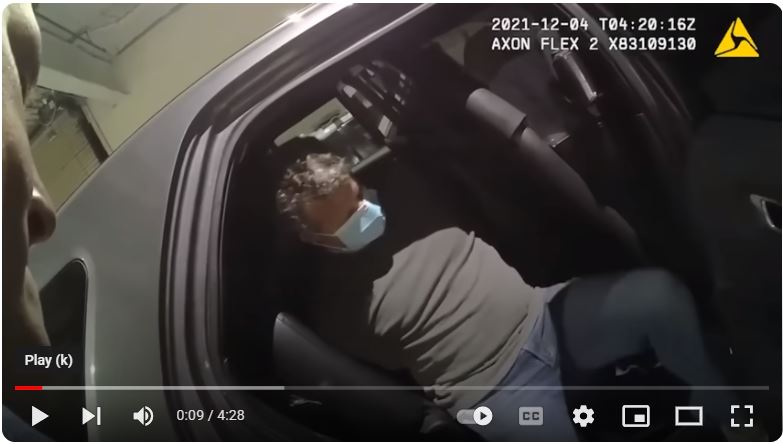
400K settlement after being arrested for a DUI, even though he passed breath and blood tests
A Colorado man is poised to receive a $400,000 settlement from city authorities after being wrongfully arrested for a DUI, even though he had passed both a breath and blood test.According to the complaint, Elias was driving southbound on College Avenue in Fort Collins...

Evaluation of Field Sobriety Tests for Identifying Drivers Under the Influence of Cannabis
This randomized clinical trial investigates the accuracy of field sobriety tests administered by law enforcement officers to assess functional impairment and driving performance among individuals who have smoked cannabis. Question How accurate are field sobriety tests...

THC Detection in Blood: Challenges and Implications
THC Detection in Blood: Challenges and Implications When it comes to enforcing drugged driving laws, police and employers face a unique challenge with marijuana. Unlike alcohol, which is metabolized and eliminated relatively quickly, THC, the psychoactive compound in...
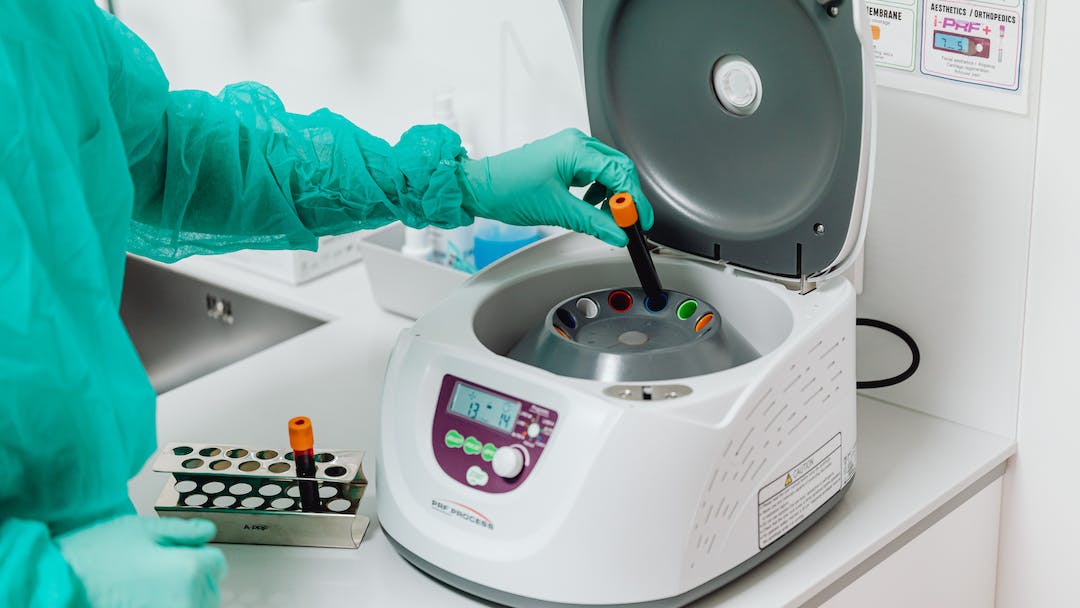
THC Detection in Blood: A Comprehensive Review
THC Detection in Blood: A Comprehensive Review Tetrahydrocannabinol (THC), the main psychoactive compound in marijuana, can remain detectable in the blood for several days or even weeks after use. This is due to the fact that THC is highly fat-soluble, meaning that it...

